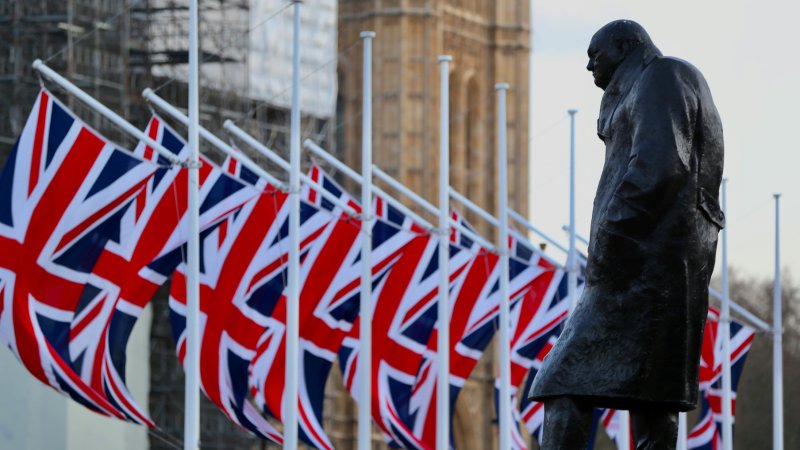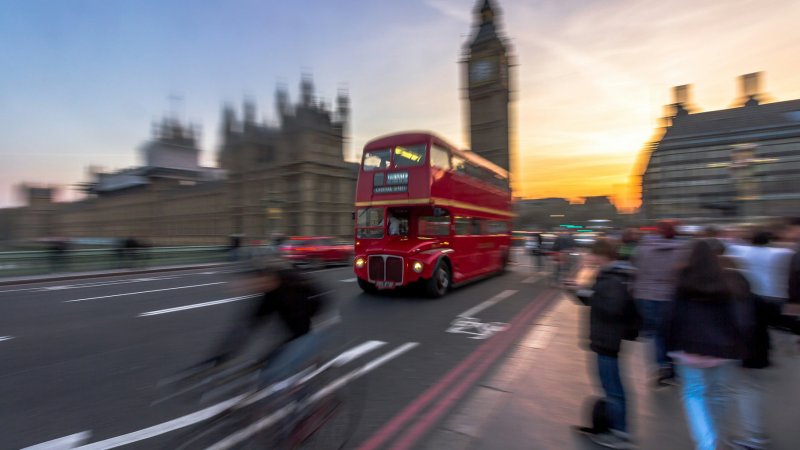The ILR debate is one of the most important topics in UK ILR news today. The government is considering extending the qualifying period for Indefinite Leave to Remain (ILR) from five years to ten. Alongside this, it is introducing a points-based “earned settlement” route that rewards those who contribute more to the UK economy and society.
First of all, what is ILR?
ILR, or Indefinite Leave to Remain, is the status that allows foreign nationals to settle permanently in the UK. It provides freedom from visa renewals, access to public funds, and a clear pathway to British citizenship.
At present, many migrants can apply for ILR after living and working in the UK for five years. The new proposal suggests doubling this period to ten years, with stricter conditions on eligibility.
UK ILR rule change: The government’s proposal explained
The government has outlined plans to reform the ILR system as part of a wider immigration strategy. The key changes include:
Extending the minimum residency requirement from five years to ten.
Restricting ILR eligibility for people who have claimed benefits or lived in social housing.
Introducing a points-based “earned settlement” route that rewards those who contribute more to the UK economy and society.

Supporters of the reform argue that ILR should be harder to get, ensuring that only those who are fully committed, self-sufficient, and law-abiding are able to settle permanently. They believe the change will strengthen integration and reduce pressure on public services.
ILR debate: What about concerns?
While the government sees the reform as a way to “restore control,” many migrants and campaigners see it as unfair and harmful. The ILR debate has highlighted several key concerns:
Financial burden: Skilled workers already pay thousands in visa fees and NHS surcharges every few years. Extending the qualifying period means they would have to pay these costs for much longer, often for a full decade. For families, this could add up to tens of thousands of pounds, creating huge financial stress.
Broken promises: Many people entered the UK under the promise of a five-year ILR route. Changing the rules mid-way is seen as a breach of trust. Hong Kong BN(O) visa holders, in particular, feel that the UK made commitments during a time of political crisis, and extending their wait to ten years undermines those commitments.
Career and family uncertainty: Without UK ILR, migrants face limits on job opportunities, housing, and access to services. Delaying settlement creates years of uncertainty, making it harder to plan for the future, buy homes, or invest in education.
Impact on talent retention: Universities, hospitals, and businesses worry that stricter ILR rules will drive skilled workers away. If doctors, researchers, and other professionals feel unwelcome or burdened, they may choose to move to countries with more attractive settlement options.

UK ILR news is going to be a hot topic for a while
The ILR debate is part of a bigger shift in immigration policy. Alongside changes to settlement, the government has introduced tougher visa rules, stricter English language tests, and new conditions for asylum seekers. These steps reflect growing political pressure to reduce migration numbers and respond to public concerns about border control.
However, critics argue that the UK risks sending the wrong message. If migrants who contribute through work, taxes, and skills feel excluded, the country may struggle to attract the very people it needs to fill labour shortages and strengthen its economy.
Behind every statistic in the UK ILR news are real stories. Health workers balancing night shifts while paying renewal fees. Families paying twice for healthcare—once through taxes and again through surcharges. Students finishing degrees without knowing if they will be allowed to stay.
These stories illustrate the heart of the ILR debate: it is not just about numbers or rules, but about people who have built lives in the UK and call it home.

What happens next for UK ILR debate?
The ILR debate is still ongoing. Parliament has discussed the issue, petitions have gathered hundreds of thousands of signatures, and the government has promised further consultation. Key questions remain unanswered:
Will the new ten-year rule apply to everyone, including those already in the UK on a five-year pathway?
Will exemptions be made for essential workers, such as NHS staff?
How will the points-based settlement system work in practice?
Until these questions are resolved, uncertainty will continue for millions of people following UK ILR news closely.
So, can I apply for ILR after 5 years in the 10-year route now?
No. If you are on the proposed 10-year ILR route, you cannot apply after 5 years. You must complete the full 10-year qualifying period to be eligible. Some exceptions may apply for certain family or humanitarian visas, but for most skilled workers under this new route, the wait is the full 10 years.
New UK immigration rules 2025
Category | Key Changes (2025) | Effective Date | Impact / Notes |
Skilled Worker Visa | Required skill level raised to RQF Level 6 (degree level) | 22 July 2025 | Some previously eligible roles no longer qualify. Current visa holders can extend under transitional provisions. |
Health and Care Worker Visa | Closed to new applicants in adult social care sector | 22 July 2025 | Focus shifted to higher-qualified health roles; social care jobs no longer eligible. |
Indefinite Leave to Remain (ILR) | Standard qualifying period extended from 5 to 10 years; “earned settlement” pathway for high contributors | 2025 | Longer wait for most applicants, but faster route for high economic/societal contribution. |
Visa Restrictions on Non-Cooperative Countries | UK may suspend/restrict visas for countries refusing to take back failed asylum seekers | 2025 (ongoing) | Likely affects India, Pakistan, Bangladesh, Nepal; high visa demand but low return rates. |
Student & Graduate Routes | Minor procedural updates; eligibility largely unchanged | June–July 2025 | No major effect on Student and Graduate visa pathways. |








